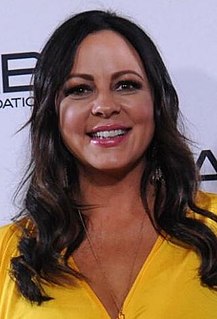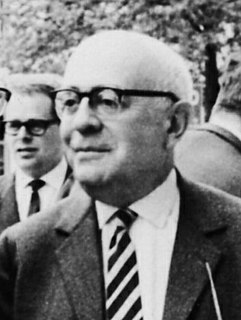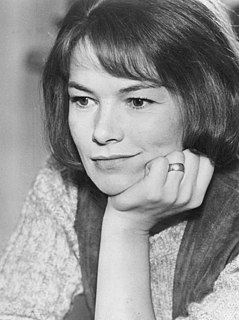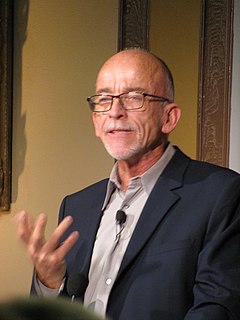A Quote by Buck Brannaman
Horses aren't lazy and they're not greedy and they're not jealous and they're not spiteful, they're not hateful. They're not that way. But the human can sometimes only describe a horse in the way that they view other human beings.
Related Quotes
I don't think there's one right way to do anything. There's no one best way to be a woman. There's no best way to be a mentor. I'm just trying to be me and be authentic and live my truth and be as inclusive and interested in other human beings as possible. I'm an actor by training, which means that I study human beings and human behavior. That's what I try to do and what I love to do.
A person is a person through other persons. None of us comes into the world fully formed. We would not know how to think, or walk, or speak, or behave as human beings unless we learned it from other human beings. We need other human beings in order to be human. I am because other people are. A person is entitled to a stable community life, and the first of these communities is the family.
Salvation is a word for the divine spaciousness that comes to human beings in all the tight places where their lives are at risk, regardless of how they got there or whether they know God's name. Sometimes it comes as an extended human hand and sometimes as a bolt from the blue, but either way it opens a door in what looked for all the world like a wall. This is the way of life, and God alone knows how it works.
One of the things that I tell beginning writers is this: If you describe a landscape, or a cityscape, or a seascape, always be sure to put a human figure somewhere in the scene. Why? Because readers are human beings, mostly interested in human beings. People are humanists. Most of them are humanists, that is.
In Judith Barrington's striking collection, Horses and the Human Soul, human emotions come ushered and accompanied by animal companions, especially the horses this speaker loves. Here they are witnesses, companions to the spirit, and as vulnerably mortal as human beings. Socially and politically alert, lamenting and celebrating, Barrington's passionate poems inscribe the broad range of her affections.




































